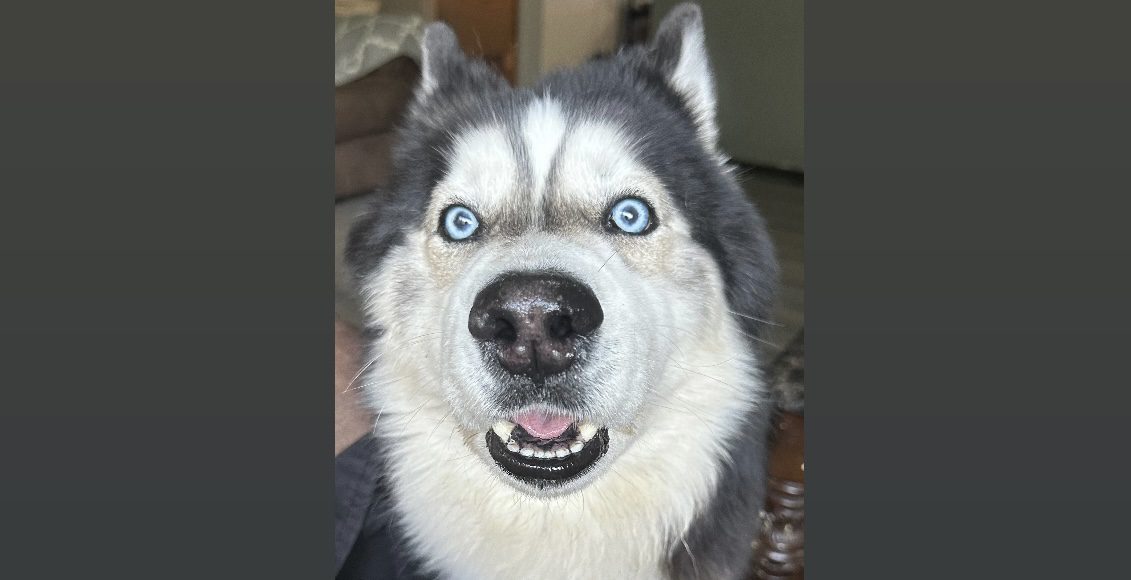Raw milk is regulated in many ways across the U.S., including as a meal for nonhuman consumers.
The “pet food” category has often served as a loophole for farms to get milk to consumers where it is not permitted for human consumption or when farmers do not want to go through a stringent permitting process.
“That is widely practiced across some of the states where raw milk is illegal, and it is a very much a state-by-state kind of thing,” said Mark McAfee, whose California farm sells milk under the brand Raw Farm.
Maryland, New Jersey and three other states allow the sale of raw milk only for pet food, according to the Weston A. Price Foundation, which promotes raw milk.
Proponents say raw milk has superior health benefits to pasteurized milk, while detractors say it’s not safe. Under President-elect Donald Trump, the issue appears to be gaining steam.
In Florida, another pet-food-only state, retail sales of raw milk, often really intended for human consumption, are common, McAfee said. Producing raw milk pet food in Florida requires a feed registration.
“They’re doing it all over the place, and other places, that it’s just too much for the FDA to go after it, so they just go after the big fish and let the small fish get away with it.”
In Pennsylvania, where raw milk can be sold for human consumption, interest in the pet food designation is low.
Brook Duer, a staff attorney at the Penn State Center for Agricultural and Shale Law, did not recall anyone seeking to become licensed to produce raw milk as pet food when he was an attorney for the state Ag Department from 2007 to 2018.
Stories of raw milk being labeled as pet food were circulating well before that, but Duer wasn’t aware of the state taking action against unpermitted raw milk sales labeled as pet food when he was at the department.
Pet food is considered commercial feed in Pennsylvania, and producing it requires an annual licensing fee of $25. That’s different from a raw milk seller’s permit.
In states where farms can sell raw milk for human consumption, some producers may go the pet food route anyway to avoid the food safety regulations that apply to human food.
“They don’t want to deal with testing,” McAfee said. “They don’t want to deal with anything. … And then if the local inspectors don’t care, there you go.”
Health authorities say raw milk carries foodborne illness risks for pets, just as it does for humans.
That risk was underscored this year when farm cats died after drinking raw milk from cows infected with avian influenza.
McAfee’s farm has some raw milk products labeled and produced for human consumption and others for animals.
The pet products follow standards designed by the Association of American Feed Control Officials, and McAfee’s business went through the Food and Drug Administration’s pet food licensing program.
The advocacy group Raw Milk Institute, of which McAfee is the chairman and founder, has developed standards for raw milk production he said are as stringent as any state rules for raw milk production.
Federal policy could become more accommodating to raw milk if the Senate confirms Robert F. Kennedy Jr., President-elect Donald Trump’s pick to run the FDA’s parent agency.
McAfee, who counts the vaccine critic as a customer, said he has been asked by Kennedy’s team to be his top adviser on raw milk.









